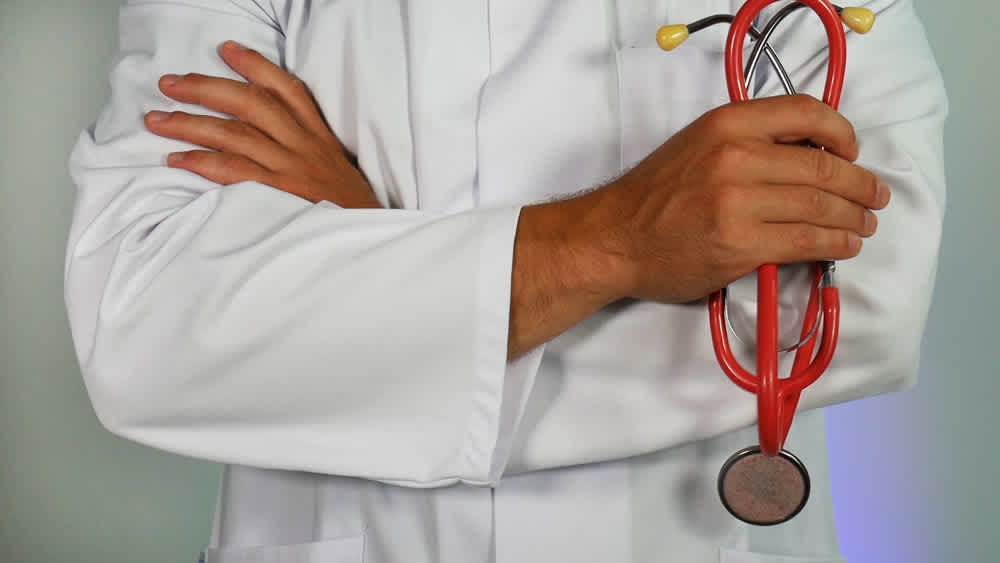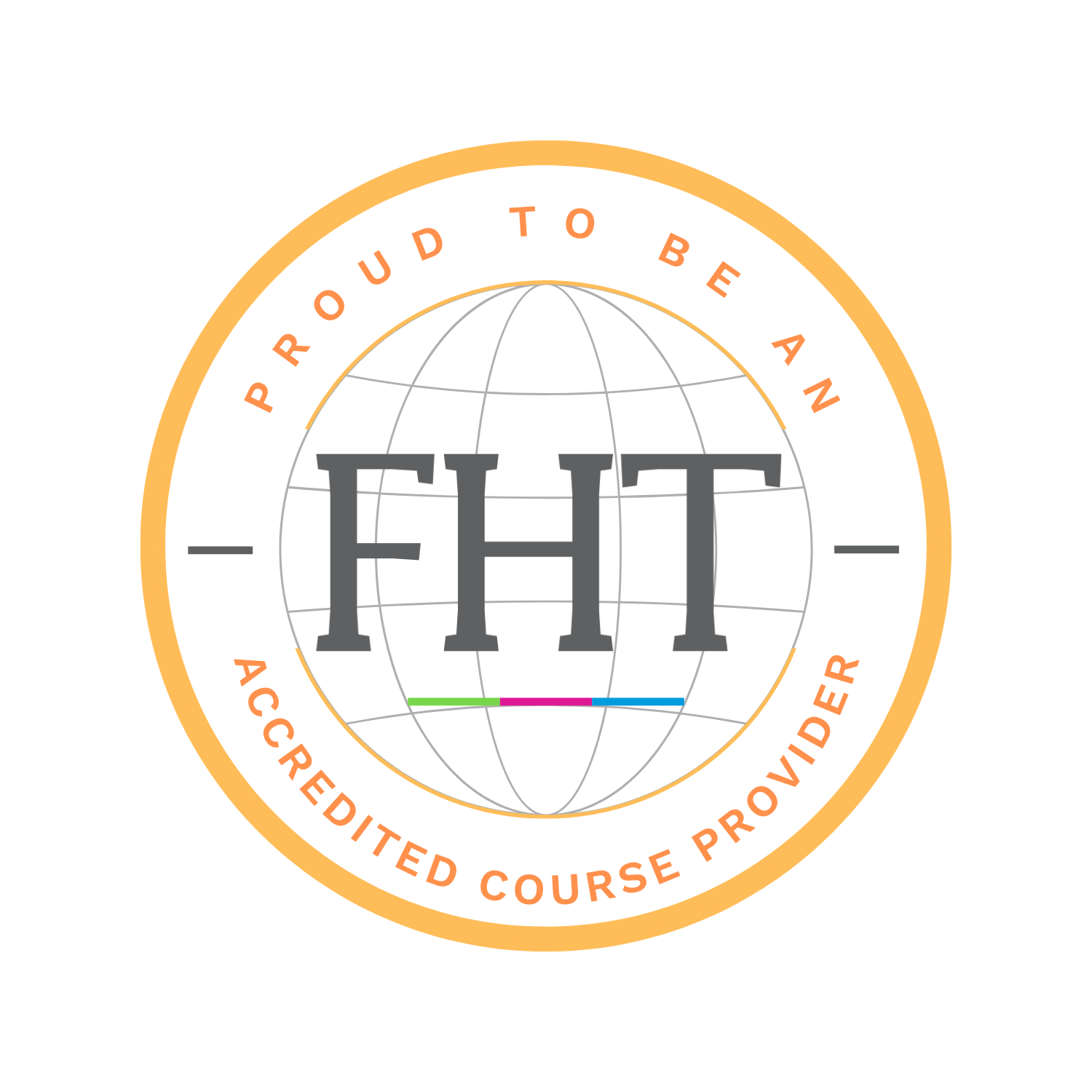Frequently asked questions
Typically, our foundation level acupuncture and dry needling course take doctors and other such healthcare professionals around one to two months to complete. The online component of our course can be completed in your own time, at your own pace, whilst the in-person workshop is conducted across three days.
Following the foundation course, doctors may decide to advance their training further through one of our online or in-person CPD training courses. Our popular Advanced Skills in Acupuncture Course comprises an online component, as well as a two day in-person training event.
Although acupuncture and dry needling shouldn’t replace standard western healthcare, it does have a useful place in contemporary practice. Integrating acupuncture and dry needling into your day-to-day practice will allow you to offer your patients a holistic intervention for issues such as persistent pain, anxiety, hot flushes, and bladder health.
Pain Management: Both acupuncture and dry needling are effective methods for pain management. Doctors can use these techniques to complement traditional pain relief approaches, offering additional options for patients dealing with chronic pain or musculoskeletal issues.
Holistic Care: Acupuncture aligns with a holistic philosophy, focusing on the interconnectedness of the body and promoting natural healing. By incorporating acupuncture, doctors can offer a more well-rounded approach to patient care.
Diversified Services: Offering acupuncture and dry needling allows doctors to diversify their services, making their practice more appealing to a broader range of patients seeking alternative or complementary therapies.
Complementary Therapy: These techniques can be integrated with other medical treatments, providing a complementary approach to patient care. For example, doctors may combine acupuncture with physical therapy, chiropractic care, or medication management for more comprehensive treatment plans.
Enhanced Rehabilitation: Acupuncture and dry needling can be integrated into rehabilitation programs, aiding patients in regaining strength and mobility after injuries or surgeries.
Improved Patient Outcomes: The use of acupuncture and dry needling can enhance patient outcomes by addressing pain, improving mobility, and promoting relaxation. This can lead to quicker recovery and increased patient satisfaction.
Non-Invasive Approach: Acupuncture and dry needling are non-invasive therapies that do not involve medications or surgical procedures. They provide a natural and drug-free approach to pain management and recovery.
Preventing Recurrence: Acupuncture can help address underlying imbalances in the body that may contribute to certain conditions or injuries, potentially reducing the risk of future health issues.
Doctors can use acupuncture and dry needling as part of their usual practice after completing our Medical Acupuncture & Dry Needling Foundation Course. Once successfully completed, we ensure that our foundation course delegates can use acupuncture and dry needling as part of their everyday practice safely, confidently and effectively.
No, a degree is not required to perform acupuncture as a doctor in the UK. Breeze Academy foundation courses meet and surpass the requirements needed to use acupuncture as part of your day-to-day practice.
It is becoming increasingly common for doctors to incorporate acupuncture into their medical practice. The integration of acupuncture as a complementary therapy is on the rise within the field of medicine. Many doctors are recognising the value of offering their patients a more diverse range of treatment options, especially for pain management, relaxation, and addressing a wide range of health conditions.
This increasing trend reflects the demand for holistic and integrative approaches to healthcare. Acupuncture can be a valuable addition to traditional medical treatments, providing targeted pain relief, managing chronic conditions, and enhancing patient well-being. The combined use of both therapies is contributing to a more patient-centred and well-rounded approach to healthcare, ultimately leading to improved patient outcomes and overall well-being. Doctors are increasingly incorporating acupuncture into their practice to offer a more comprehensive and effective approach to patient care, addressing both physical and emotional aspects of health.

